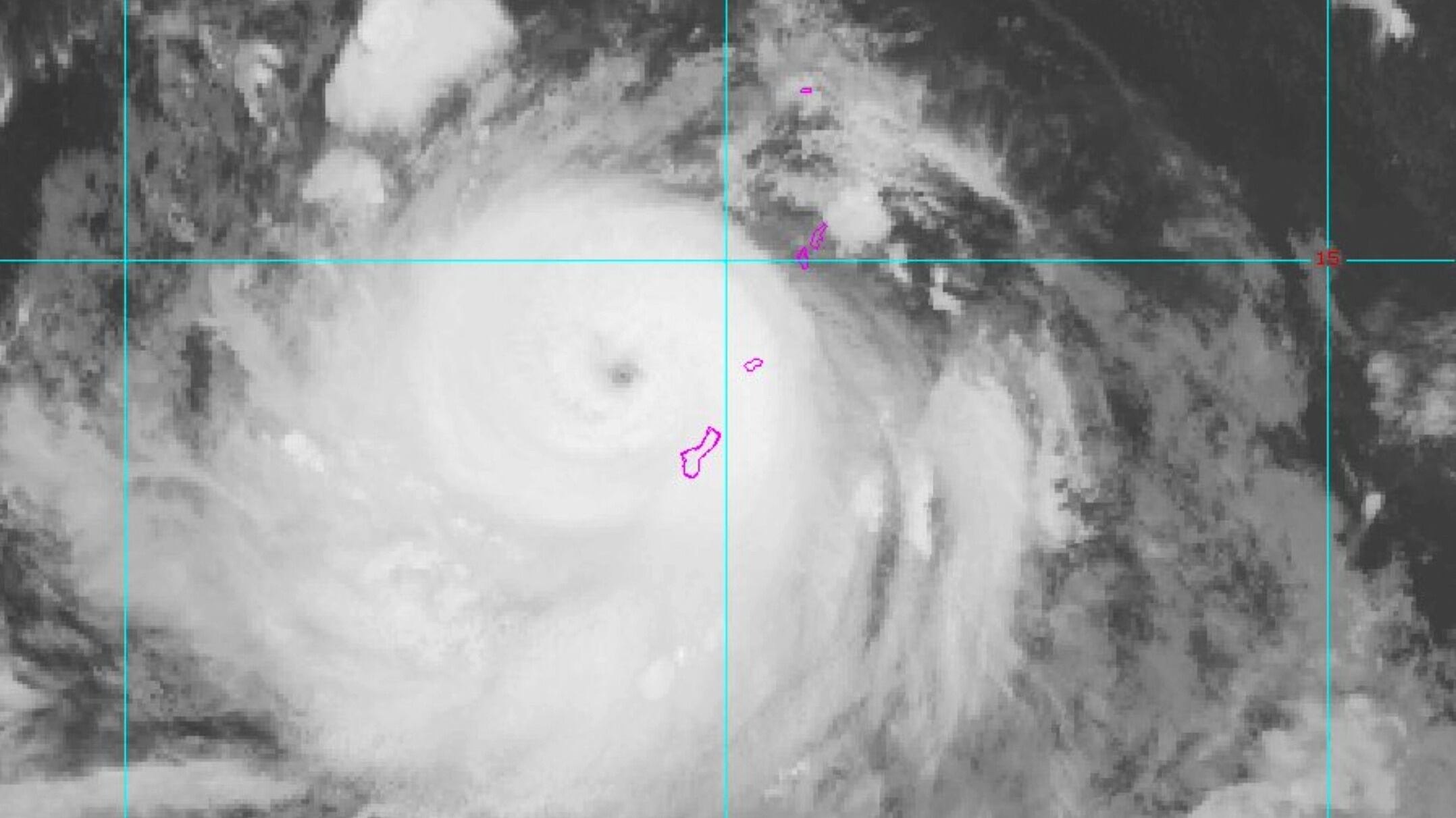The first of two supermoons occurred on Tuesday night. The other will be visible at the end of August.
Share:
More In Science

AstraZeneca: Positive Results in Endometrial Cancer Trial
AstraZeneca said its cancer-treatment drugs when used following chemotherapy treatment showed positive late-stage trial results for endometrial cancer patients.

Neuralink Says FDA Approves Study of Human Brain Implants
Elon Musk's brain-implant company Neuralink said it received approval from the Food and Drug Administration to begin human clinical trials.

Alibaba Down as China Braces for Potential Covid Surge
Shares of e-commerce giant Alibaba fell as China braces for a new wave of Covid.
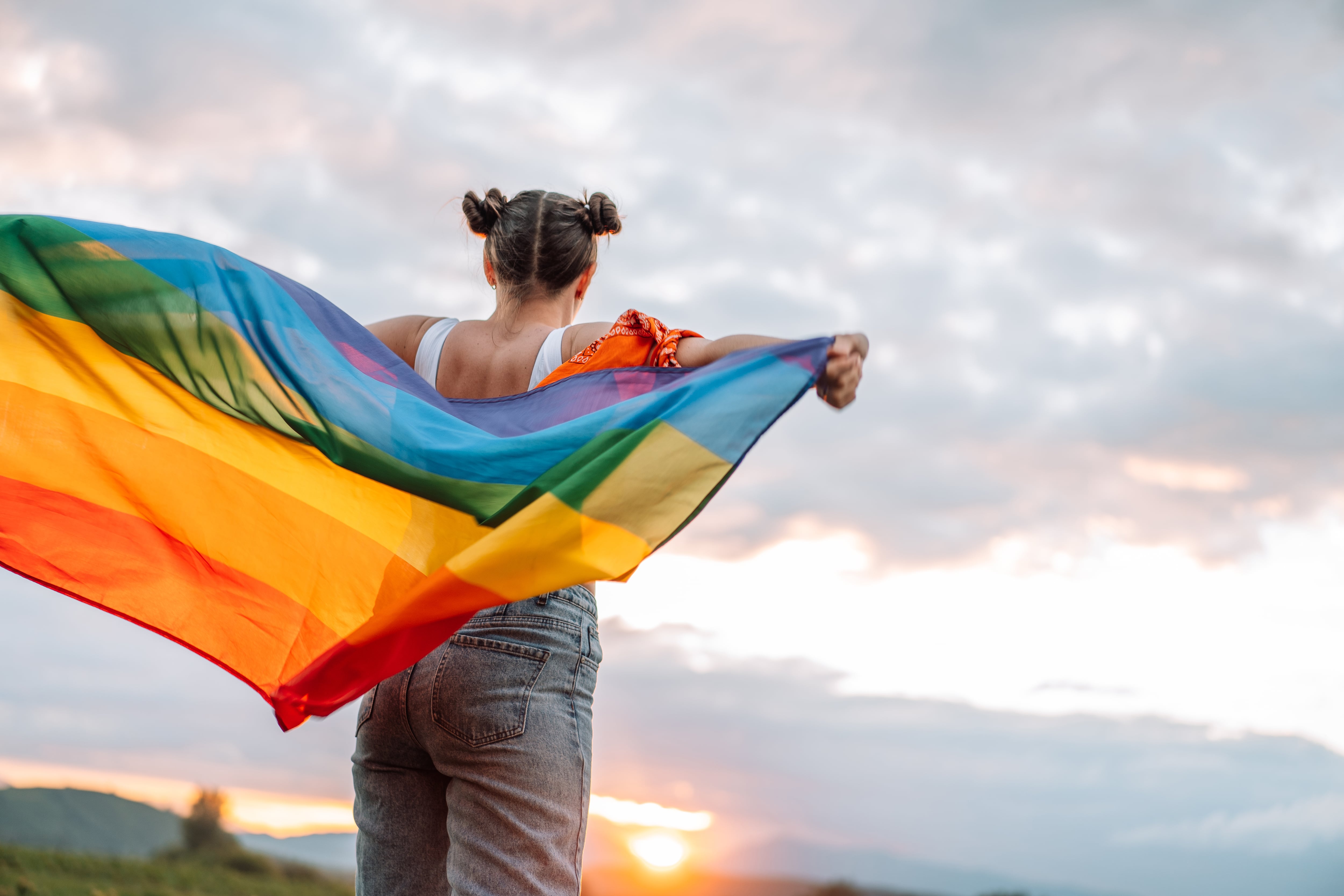
Same-Sex Couples Account for One Percent of US Households
New Census figures show about 1 in every 100 U.S. households is a same-sex couple.
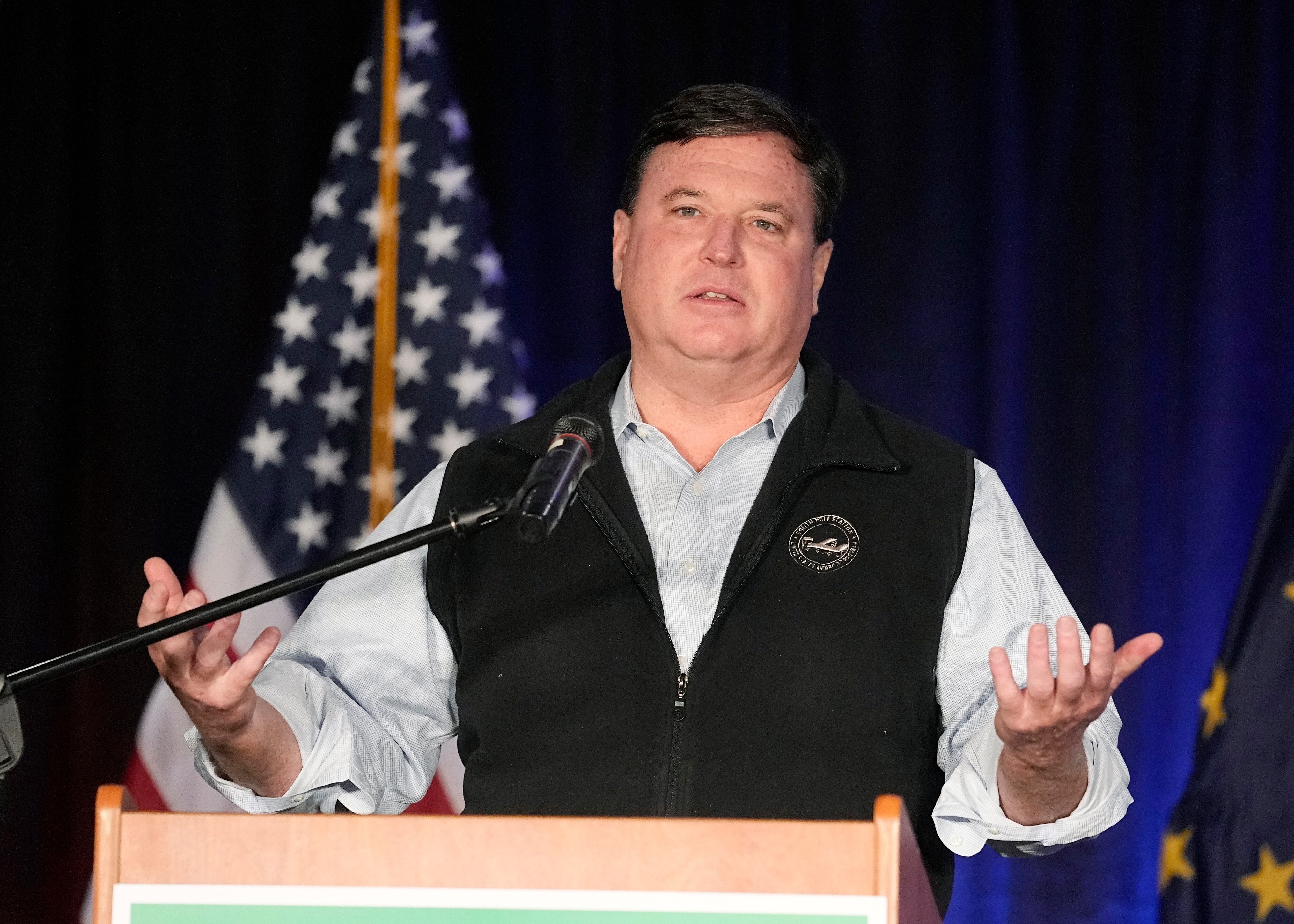
Doctor Disciplined for 10-Year-Old's Abortion
Dr. Caitlin Bernard is facing disciplinary action after she spoke publicly about providing an abortion to a 10-year-old rape victim.
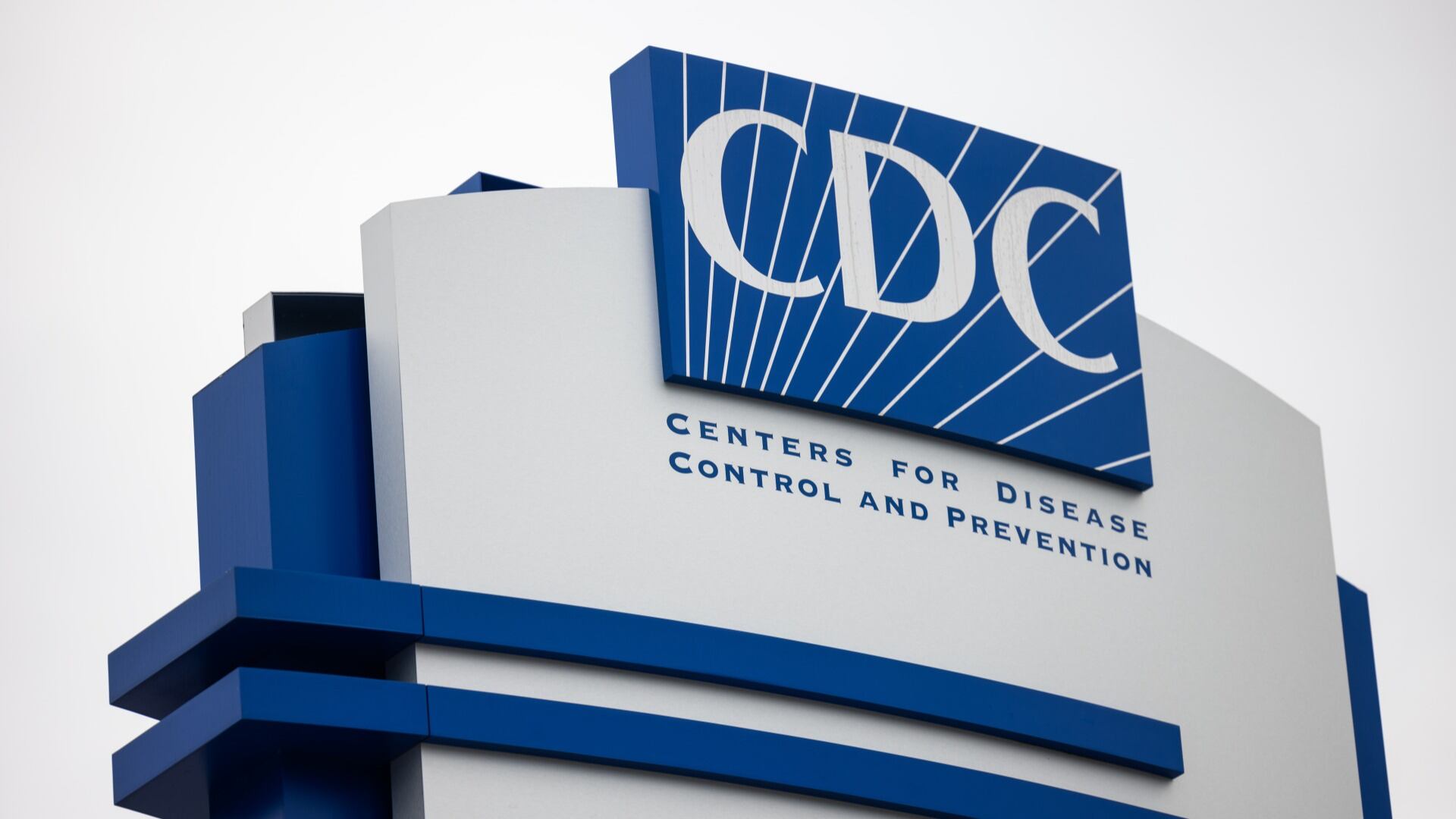
Two People Dead From Meningitis in Mexico, 200+ at Risk
Two people died from what the CDC suspects was a meningitis outbreak in Mexico.

Virgin Galactic Completes Final Test Flight
Virgin Galactic completed its final test flight on Thursday before its long-awaited commercial access for customers.
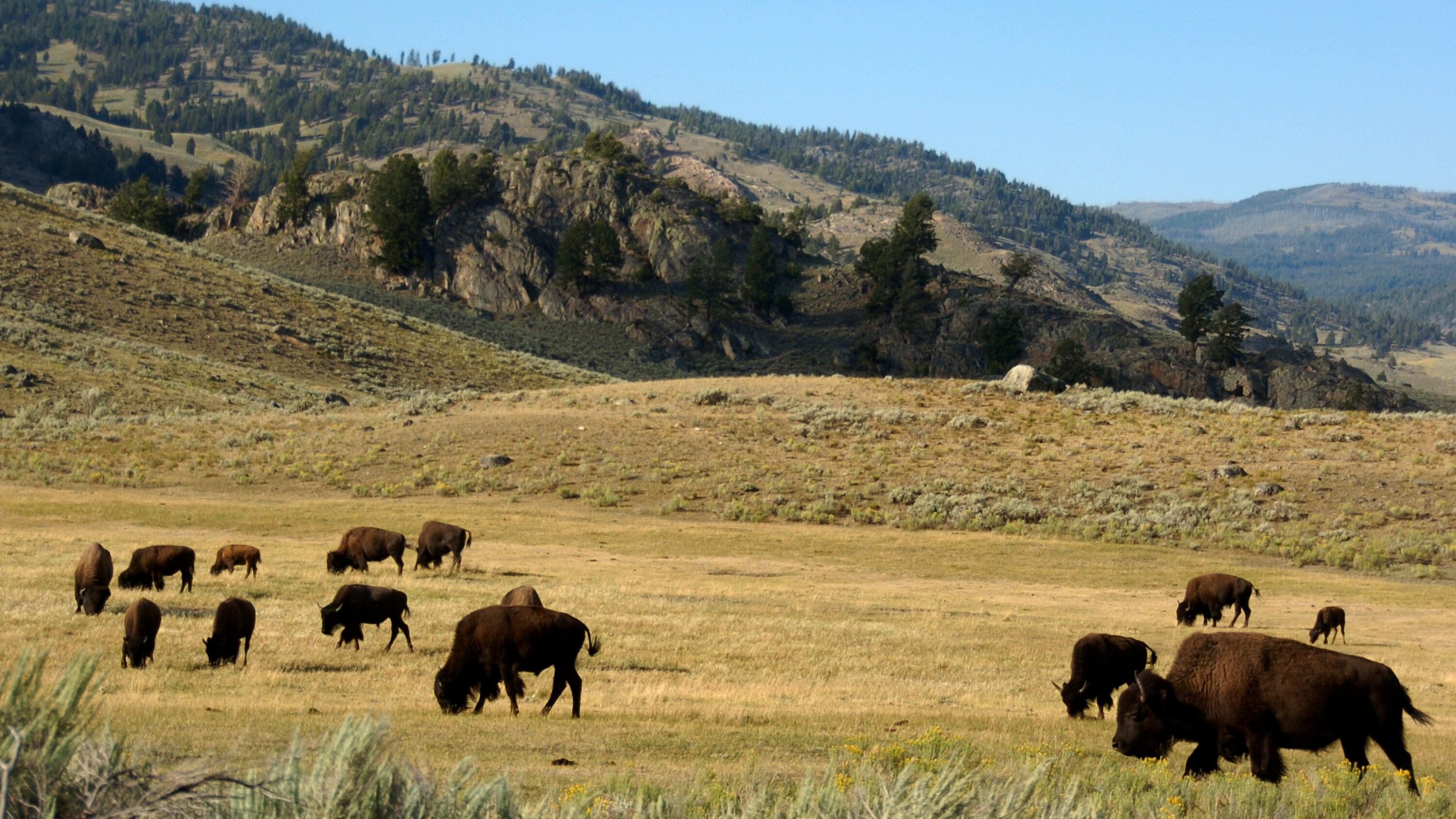
Yellowstone Baby Bison Put to Death After Visitor Picks It Up, Leading Herd to Reject It
Yellowstone National Park officials killed a newborn bison because its herd wouldn’t take the animal back after a man picked it up.

FDA Approves Use Of Overdose Nasal Spray
The FDA has approved Opvee, which can reverse fentanyl and other opioid overdoses.
